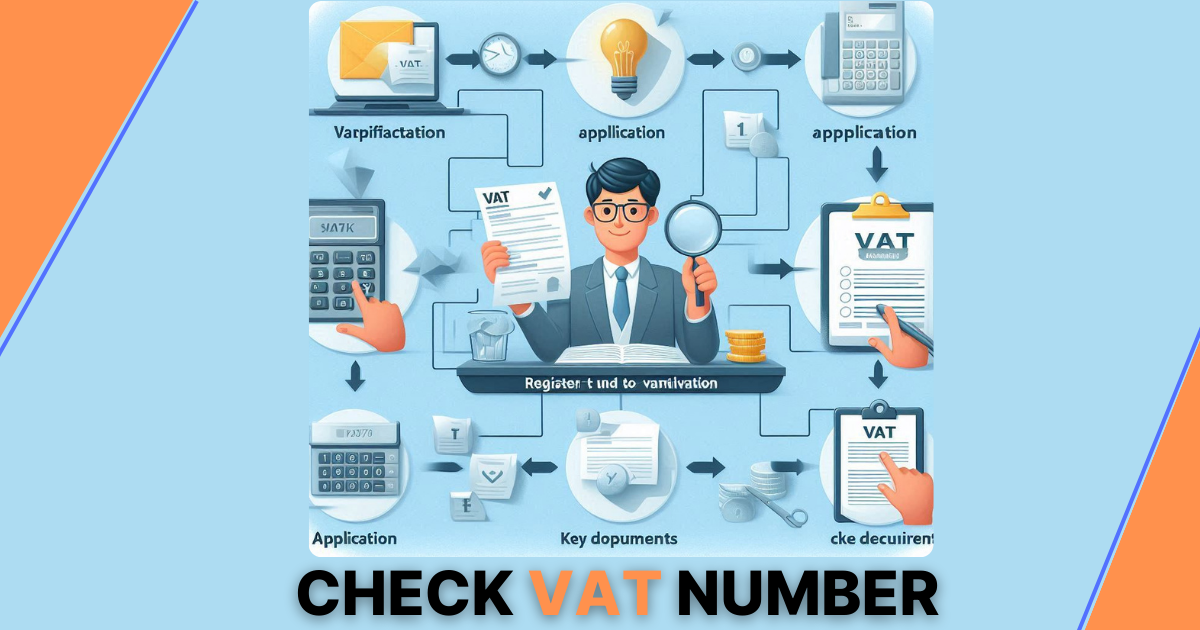What is VAT Registration? A Complete Guide by Xact+ Accountants
For businesses in the UK, understanding VAT (Value Added Tax) is essential. Whether you’re just starting out or already running an established business, you might be asking, “Do I need to register my business for VAT?” This guide will help you navigate the ins and outs of VAT registration, including the benefits, potential drawbacks, and the specific process, especially if you’re considering voluntary registration.
What is VAT Registration?
To begin with, what is a VAT-registered company? Simply put, it’s a business that has registered with HMRC (Her Majesty’s Revenue and Customs) to collect VAT on its sales. Once registered, your business receives a VAT Registration Number and is legally required to charge VAT on its taxable sales, file regular VAT returns, and remit the VAT collected to HMRC.
Do I Need to Register My Business for VAT?
The requirement to register depends on your turnover. As of 2024, the VAT registration threshold in the UK is £90,000. If your business’s taxable turnover exceeds this amount within any 12 months, you are legally obligated to register for VAT. Ignoring this can result in penalties from HMRC, so it’s crucial to monitor your revenue closely.
However, if your turnover is below this threshold, you might still consider voluntary VAT registration, which could be beneficial depending on your business model.
The Benefits of VAT Registration
One of the key benefits of going VAT registered is the ability to reclaim VAT on your business expenses. If you’re purchasing goods or services from VAT-registered suppliers, including platforms like Amazon or eBay, you can reclaim the VAT paid through input VAT. This is particularly beneficial for eCommerce businesses, where substantial costs might be incurred on these platforms.
Beyond the financial benefits, VAT registration can also enhance your business’s credibility. Clients and customers often perceive VAT-registered companies as more established, which can make your business more appealing, especially when dealing with other businesses.
Voluntary VAT Registration: Should You Consider It?
If your business turnover hasn’t reached the £90,000 threshold, you might wonder, “Why should I register voluntarily?” Voluntary registration for VAT can offer several advantages, particularly for businesses that expect to grow or that deal with significant business-to-business transactions.
Advantages of Voluntary VAT Registration
- Reclaim VAT on Purchases: By registering for VAT voluntarily, you can start reclaiming VAT on your business expenses, including purchases from platforms like Amazon or eBay, which can substantially improve your cash flow.
- Professional Image: VAT registration can lend an air of credibility to your business, making it seem larger and more established—an attractive feature for potential clients or partners.
- Future-Proofing: If your business is growing rapidly and you expect to surpass the VAT registration threshold soon, registering early can help you avoid the rush and get ahead of future administrative requirements.
Disadvantages of Voluntary VAT Registration
- Increased Administrative Responsibilities: Registering for VAT introduces more paperwork, including the need to file regular VAT returns, which can be time-consuming and may require additional resources or professional help.
- Impact on Pricing: You’ll need to charge VAT on your sales, which could make your products or services more expensive for non-VAT registered customers.
- Cash Flow Considerations: While reclaiming VAT on purchases is beneficial, you must also pay the VAT you collect from your customers to HMRC, which could affect your cash flow if not managed properly.
How Does Voluntary VAT Registration Work?
If you choose to go ahead with voluntary registration for VAT, the process is straightforward. You’ll need to fill out a VAT Registration Form, which can be done online. After HMRC approves your application, they will issue your VAT Registration Number. From that point, you must start charging VAT on your taxable sales and submitting regular VAT returns to HMRC.
E-Commerce Businesses and VAT: A Special Note
For eCommerce businesses, VAT registration is particularly advantageous. If you’re selling products through platforms like Amazon or eBay, you’re likely paying VAT on fees, advertising, and other services. By being VAT-registered, you can reclaim this VAT through input VAT. This means you can offset the VAT you’ve paid on these costs against the VAT you charge your customers, reducing your overall tax burden and improving profitability.
What If You Want to Cancel VAT Registration?
Circumstances change, and if you find that VAT registration is no longer suitable—perhaps your turnover falls below the threshold, or you decide it’s not the right fit—you can cancel VAT registration. This involves notifying HMRC and following the proper procedures to de-register.
Key Takeaways
- The VAT registration threshold for 2024 is £90,000 in the UK. If your business’s taxable turnover exceeds this, you must register for VAT.
- Voluntary VAT registration can offer benefits such as reclaiming VAT on business expenses and enhancing your business’s credibility, but it also introduces additional administrative responsibilities.
- eCommerce businesses can particularly benefit from VAT registration by reclaiming VAT paid to platforms like Amazon and eBay through input VAT.
- Registering for VAT involves completing a VAT Registration Form, and canceling it requires following HMRC’s de-registration process.
VAT registration can be a strategic move for your business, offering financial benefits and boosting credibility. However, it’s essential to weigh the pros and cons carefully. If you need expert advice tailored to your specific situation, contact us. We’re here to help you navigate the complexities of VAT registration, ensuring you make the best decision for your business’s success.
















